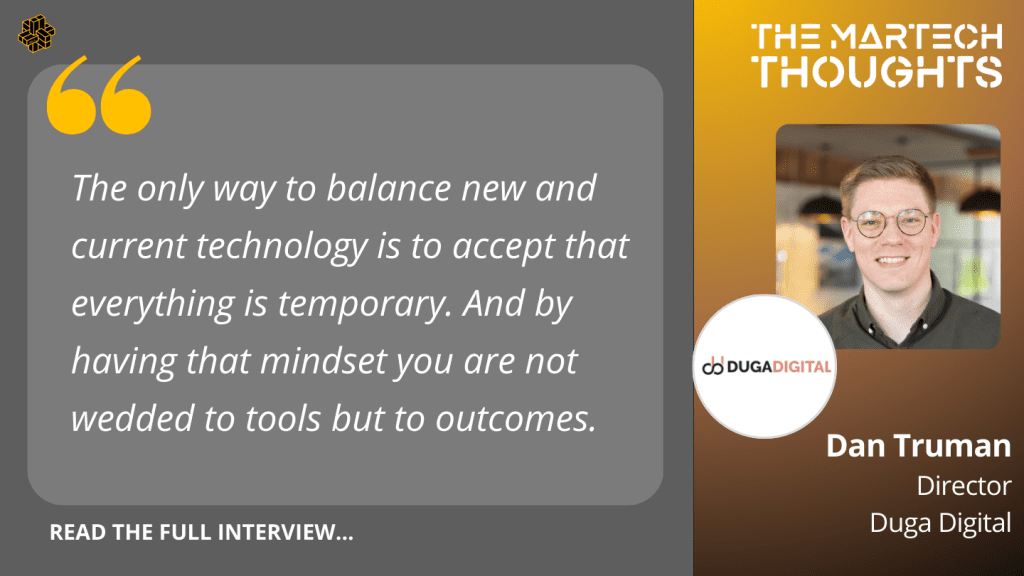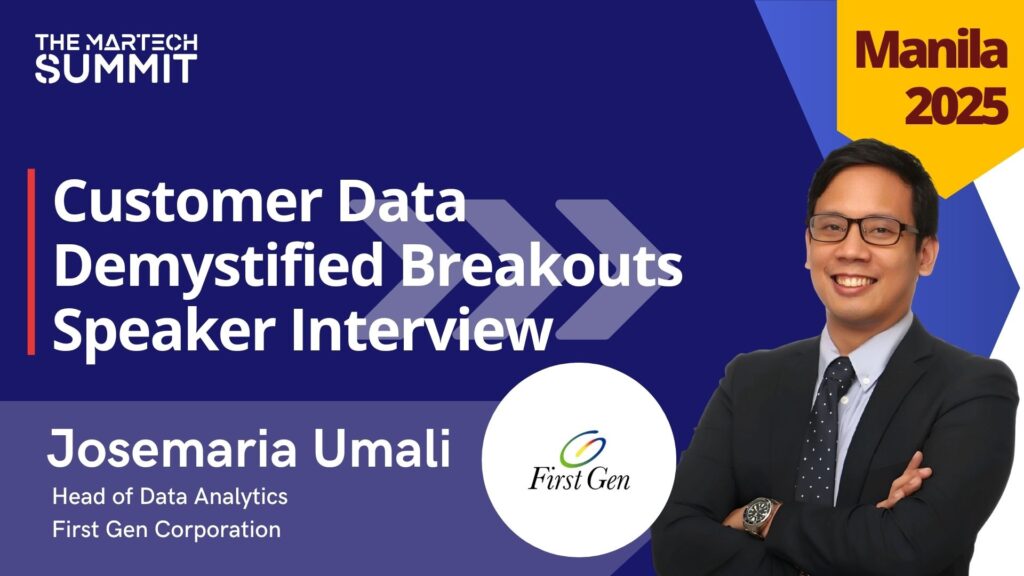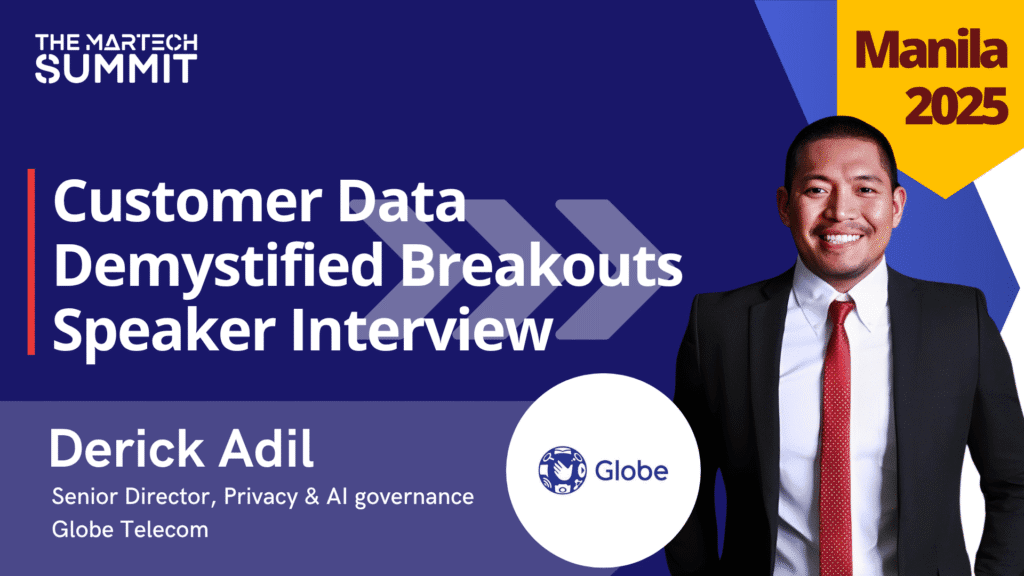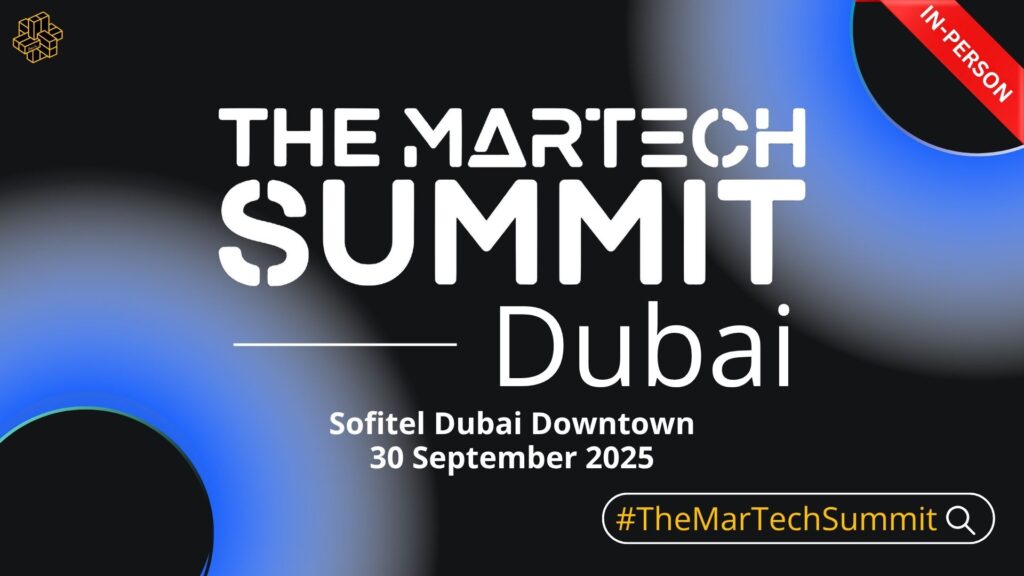
Welcome Dan Truman, Director of Duga Digital, as he shares his insights on AI-driven marketing, future trends in AR & VR, and strategies for digital growth as part of the MarTech Thoughts series.
How do you describe your job to a 5-year-old?
I help companies make their websites and apps work better. Faster, easier, and help them earn more money.
What is the one marketing platform/app/solution you can’t live without? Why?
Spotify. It has all of the world’s music in one place!
What will be the next evolution in marketing technology that we can expect in the coming years?
The biggest growth area will be the practical application of AI. Currently, humans still interact with prompts that deliver an output, which is then transferred to another application. This will change when AI becomes truly integrated and live. This will speed up processes significantly and unlock various productivity opportunities once accuracy and quality improve.
What are the key challenges when implementing new technologies or platforms for the first time in your company, and do you have any suggestions for making the process smoother?
The biggest challenge is understanding the use case and the context in which the platform should be used. It’s important to set clear guidelines and expectations; otherwise, there’s a risk of misuse and misalignment within the organisation. To address this, I recommend increasing education and encouraging departments to learn the platform together. This creates a collaborative learning environment where people are less afraid of failure and more likely to succeed as a team.
What is the most effective use of technology you’ve seen in navigating today’s rapidly changing and diverse world?
There have been some excellent example cases of technology being driven out of the gTech team using Google’s Marketing github repository. My favourite is sGTM pantheon, which extends out-of-the-box capabilities with real-life use cases that are both relevant and practical.
What is the scope of using AI and machine learning in Marketing Mix Modelling?
The scope here is going to become huge. The idea is that MMM models can be generated multiple times by AI and ML and then measured by performance alongside the live campaign data. From there, the optimisation could take place in real-time, with alterations and alternatives assessed live. This is smart marketing automation and will become commonplace.
With the advancement of AR & VR, how do you see these being utilised in Digital Storytelling?
AR and VR will increase brand engagement by creating deeper connections with customers. If executed correctly, these technologies could turn loyal customers into brand advocates overnight. AR and VR offer the opportunity to engage with customers continuously, not just through ads or merchandise, but in ways that resonate with their personalities and identities.
What is your strategy to link up traditional and modern trade ecosystems?
Traditional and modern tech can coexist, but the challenge lies in harmonising the data structures. If data from traditional car dealerships, for example, is properly collected, it can integrate with modern, app-based sales platforms. However, companies need to assess these operations based on data, not just intuition.
How much of your marketing is data-driven?
I work heavily in digital data and strategies aligned to making sure companies maximise their use of digital data, so I would suggest 100% of our and clients’ marketing is data-informed.
Do you have any suggestions for preparing for digital advertising in a cookieless world?
Focus on first-party data collection and activation. Many strategies exist for data collection, but activation is less well understood. I highly recommend using platforms like Audiences to power digital campaigns.
What challenges do you see in processing data coming from different sources? How to overcome?
Plenty of challenges! I’d suggest that consistency and accuracy would be the hardest in the data collection and processing, and then on the other side, there will be requirements or criteria of how to activate the data too. And if all of those sources fail to speak to each other… it can be a real challenge!
The best way to overcome is having proprietary systems or keys that allow connection or integration between systems – but that can be costly and difficult to maintain.
With more consumers being conscious of their data being shared, how do you overcome the growing concern?
Trust. Simply put, the consumer needs to know what is happening with their data, why, how they benefit, and whether they can make an informed choice. If you can win back the consumer trust given what they are putting into their side of the transaction, you can have a relationship with them. If not, they won’t trust and likely will reject the brand.
How do you monetise the data/feedback/interactions for future campaigns and alternative growth/revenue channels?
This is something I first saw mooted around 10 years ago at a travel brand. Someone commented, “Can we identify clear signals that the user isn’t going to convert on our website and simply monetise their session instead”? I thought it was GENIUS. But it is hard to do, especially with the requirements for consent in 2024. So the answer is not as clear-cut as it was once, but it is still very achievable with the different tech available today.
What data enrichment strategies can you suggest that work effectively from your experience?
The closer you align marketing platforms with real business data, the better the outcome. For example, instead of using Facebook or Google’s revenue estimates, you could inject actual margins per product or consider stock levels in your ad spend decisions. Data enrichment works best when aligned with business goals.
What are your views on having a single stack? (e.g. Google or Adobe vs a mix of best stacks for each function)
To be completely transparent I flip between views on having a single stack vs a mix. And that happens every few years. Simply because I see a lot of stacks and the way they are compiled, and the rationale behind them, can be compelling. For example, the integrations in native stacks are second to none and the “best” stacks for each function are not always designed for compatibility.
How do you balance experimenting with new technologies vs investing in current technologies that you already utilise?
The only way to balance new and current technology is to accept that everything is temporary. And by having that mindset you are not wedded to tools but to outcomes. Short pivots with new tools, quick POCs, if they don’t display value quickly, then remove them. Fix guidelines and rules for how to assess the stack, and then if the platforms fall below those criteria and thresholds then remove. Be ruthless and force vendor platforms and new technologies to deliver growth value.
How do you keep abreast of all the latest MarTech out there?
Personally, I find it important to network and read as much as possible. LinkedIn becomes the focus then, delivering quality content and ensuring I follow the leading people in sectors I’m interested in.
What’s the best advice someone has ever given you?
Everything is temporary. The bad times will pass, and so will the good. Keep moving forward.
Any fun facts about yourself that you want to share?
I once won $4,000 playing poker online, but it was 3 a.m. in the UK, and no one was awake for me to tell!
Are there any questions you’d like to ask to other MarTech enthusiasts?
At what point does MarTech outperform a manual approach? For example, buying a car from a showroom salesperson can be easier than dealing with automated marketing emails. So, when does automation become too much?
A big thank you to Dan Truman, Director of Duga Digital, as he shares his expert insights on AI-driven marketing, future trends in AR & VR, and strategies for digital growth. If you want to connect with Dan, feel free to reach out via LinkedIn!
See more MarTech Thoughts interview pieces here!
Last updated: October 2024













